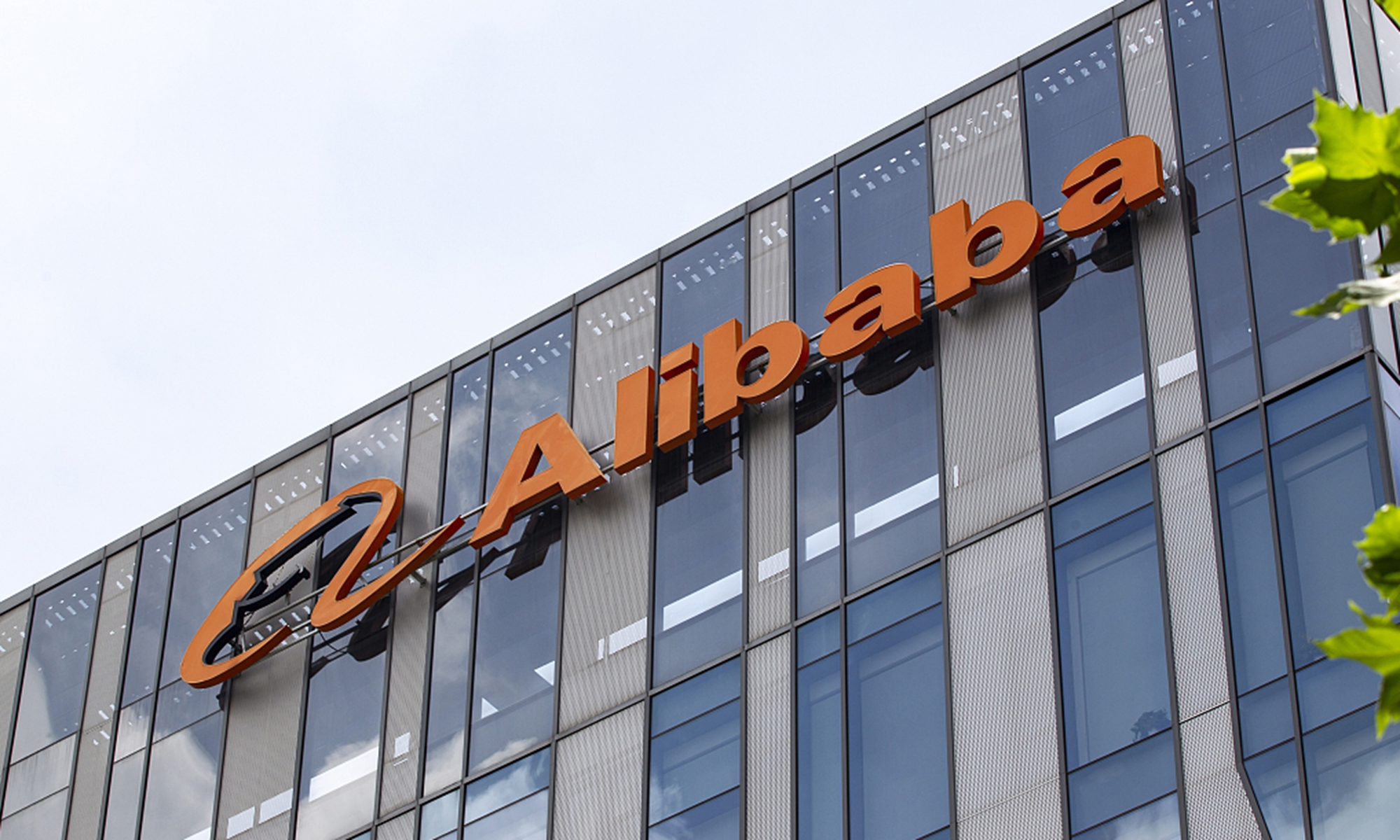Alibaba increases share buyback program from $6b to $10b
Alibaba increases share buyback program to $10b

Alibaba Photo:VCG
Alibaba Group said on Sunday that its board has authorized an increase in the company's share repurchase program to $10 billion, up from $6 billion. The move shows that the company's cash flow is adequate and the e-commerce giant believes its share price is at a lower level now, analysts said.
The share repurchase program will be effective through the end of 2022. The company started to implement the program in the current quarter, Alibaba said in a statement.
The move reflects Alibaba's mixture of confidence and caution in this period, when the regulators are ramping up anti-monopoly efforts targeting the fintech sector, Dong Dengxin, director of the Finance and Securities Institute at the Wuhan University of Science and Technology, told the Global Times on Monday.
"It indicates that the company has sufficient cash flow and an optimistic outlook for its future development," Dong said.
The larger repurchase program is intended mostly to bolster investors' confidence in the company, according to Wang Chao, founder of the Wenyuan Institute for Politics and Economics, a Beijing-based think tank.
Wang told the Global Times on Monday that there is mounting pressure on Alibaba in the stock market, following last week's dive. "It's easy for the company to ramp up stock buybacks because it has plenty of cash on hand," he said.
Alibaba's US shares plunged 13.34 percent last Thursday, the largest one-day drop since its listing, vaporizing more than $110 billion of its market capitalization -- almost equivalent to the market cap of PetroChina.
Shares of Alibaba tumbled 8.59 percent to HK$208.6 ($26.9) at Monday's closing on the Hong Kong Stock Exchange, down from more than HK$300 two months ago, while its healthcare services unit Alibaba Health fell 12.47 percent.
The market jitters came after China's top financial regulators interviewed Alibaba Group's fintech offshoot Ant Group on Saturday. Financial regulators, including the central bank, pointed out a range of major problems confronting Ant's operations including poor governance, deficiencies in risk monitoring, defiance of regulatory and compliance requirements, and illegal regulatory arbitrage.
In a quick response, Ant said it will set up an internal task force under the guidance of the regulators to implement the requirements of the regulators.
"The central authorities have confirmed a firm attitude in carrying out anti-monopoly campaign and preventing disorderly expansion of capital, so regulatory moves won't be relaxed in the next two years," said Wang, adding that Alibaba and Ant could face more pressure.
Banks in East China's Zhejiang Province, where Alibaba is based, have received regulatory notices lately, banning banking institutions from taking deposits through third-party internet platforms as intermediaries, according to domestic news site yicai.com on Monday.
The local financial regulator said that the move is aimed at normalizing the order of the deposit market and guide the banking industry to operate steadily.


